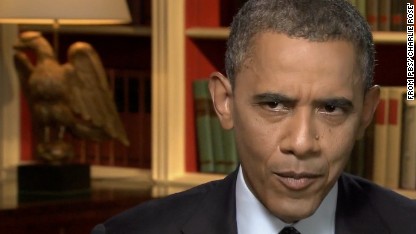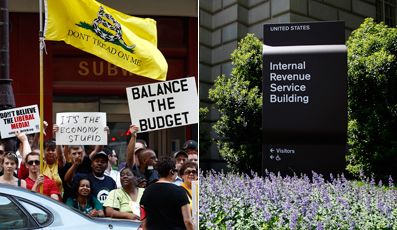U.S. Smoking Rate Declines
Fewer U.S. adults are smoking, a new government report says.
Last year, about 18 percent of adults participating in a national health survey described themselves as current smokers.
The nation's smoking rate generally has been falling for decades, but had seemed to stall at around 20 to 21 percent for about seven years. In 2011, the rate fell to 19 percent, but that might have been a statistical blip.
Health officials are analyzing the 2012 findings and have not yet concluded why the rate dropped, a spokesman for the Centers for Disease Control and Prevention said. The CDC released its study Tuesday.
Smoking is the leading cause of preventable illness and death in the United States. It's responsible for the majority of lung cancer deaths and is a deadly factor in heart attacks and a variety of other illnesses.
Concerned about the stalled smoking rate, the CDC launched a graphic advertising campaign last year that was the agency's largest and starkest anti-smoking push. The campaign triggered an increase of 200,000 calls to quit lines, and CDC officials said thousands of smokers probably went on to kick the habit. The CDC did a second wave of the ads earlier this year.
The new report is from a survey of about 35,000 U.S. adults. Current smokers were identified as those who said they had smoked more than 100 cigarettes in their lifetime and now smoke every day or some days.
The rate was only 9 percent for people ages 65 and older, but about 20 percent for younger adults. More men than women described themselves as current smokers.
The report did not include teens. About 16 percent of high school students were smokers in 2011, according to an earlier CDC report.
Patrick Reynolds, executive director of the Foundation for a SmokeFree America, told The Associated Press that he was elated that the adult smoking rate, for years at about 20 percent, had dropped below that longstanding plateau.
He said factors he thinks have contributed to fewer adults smoking include rising state and federal tobacco taxes, more spending on prevention and cessation programs, and more laws banning smoking in public.
"This is a real decline in smoking in America. I'm ecstatic about it. It's proof that we are winning the battle against tobacco," he said by telephone from Los Angeles.
Big Sister Takes Tea, Please
IRS Supervisor in DC Claims She Scrutinized Tea Party Groups
-
An Internal Revenue Service supervisor in Washington says she was involved in scrutinizing applications from tea party groups seeking tax-exempt status, damaging the IRS claim that targeting was limited to a Cincinnati office.
He Rises, He Falls
| CNN Poll: Obama approval falls amid controversies |
| CNN, by Staff Original Article |
| Washington– President Barack Obama´s approval rating dropped eight percentage points over the past month, to 45%, the president´s lowest rating in more than a year and a half, according to a new national poll. The CNN/ORC International survey released Monday morning comes as the White House has been reacting to controversies over a massive U.S. government surveillance program; the Internal Revenue Service´s targeting of tea party and other conservative groups who applied for tax-exempt status; the administration´s handling of last September´s attack in Benghazi that left the U.S. ambassador to Libya and three other Americans dead; and the Justice Department´s |
Tea Party Groups Still Waiting to Hear from FBI
| Original Article |
| There is no evidence that the FBI has contacted a single tea party group in its criminal investigation of the Internal Revenue Service, according to the groups the IRS abused. “We have not been contacted by any federal investigative agency and, to date, none of our clients have been contacted or interviewed by the FBI,” Jay Sekulow of the American Center for Law and Justice told The Daily Caller on Thursday. The ACLJ has filed suit against the IRS on behalf of 25 conservative groups, with additional groups being added in the next couple weeks, according to a spokesman. |

 REUTERS
REUTERS